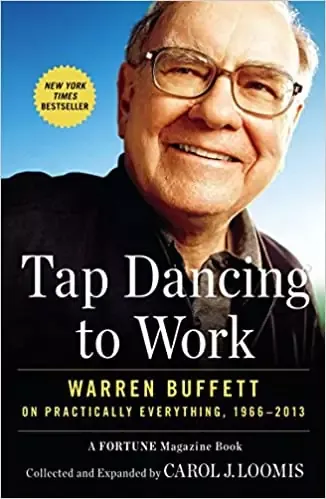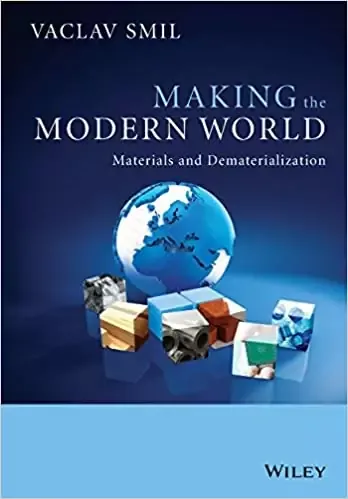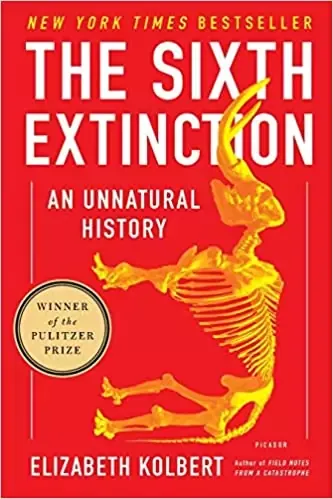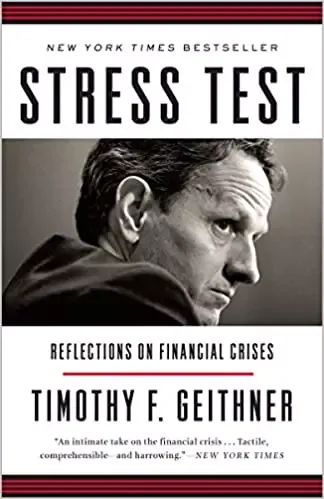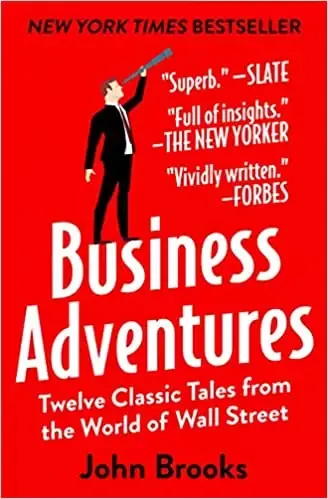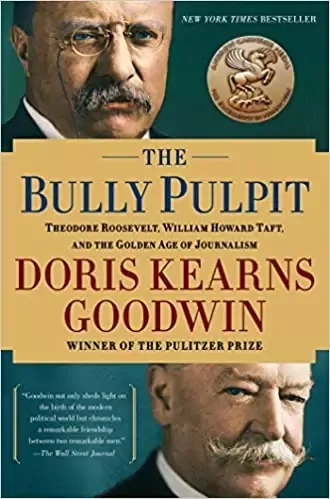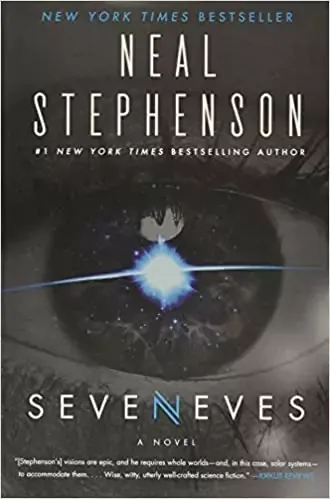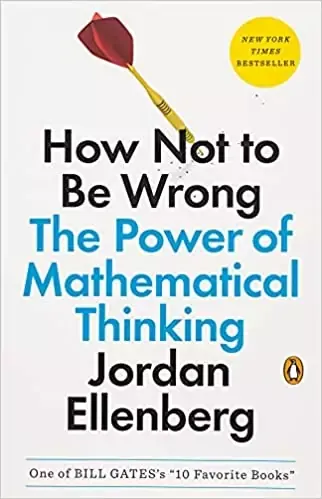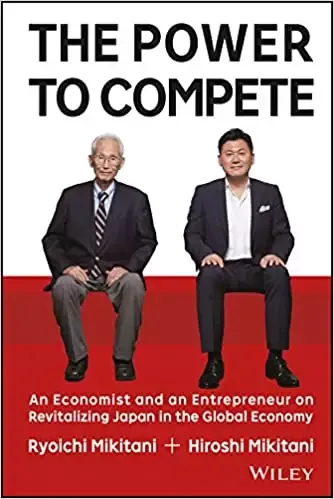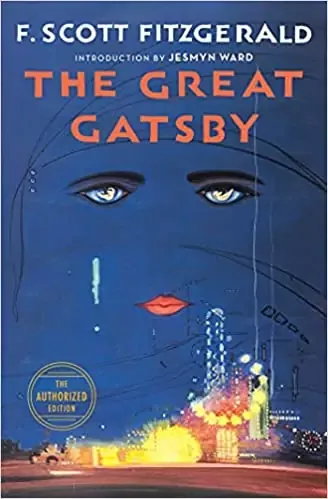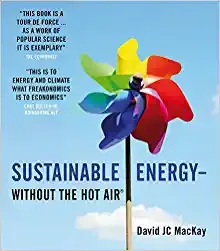Theodore Roosevelt is one of the most outstanding presidents of the United States. Gates was fascinated by how Roosevelt could achieve such a great achievement.
There are many answers to many questions in this book. Gates wrote: "How does social change happen? Can it be driven by an inspiring individual leader? Or do other factors need to lay the foundation first?"
"Although, Roosevelt tried to promote change early in his career," Gates mentioned. "But before the journalists and the media helped him gain public support, he was actually not very successful."
Theodore Roosevelt (hereinafter referred to as TR) and William Howard Taft (hereinafter referred to as Taft) can be regarded as two important figures in modern American history ( The former is more important, and the latter is also known because of its interaction with TR).
The context of this book basically revolves around two lines. One is the comparison between TR and Taft’s childhood experiences, studies, career, personal love, social communication, and the sorrows and joys of their friendship, and the other line is based on McClure.
The development process of progressive newspapers represented by Mr. Er puts the plot in the context of the Gilded Age connecting with the progressive era, the beginning of the progressive era, the climax, and then the end, showing the close connection and relationship between journalists and government work. Mutual influence is indeed worth reading.
I firmly believe that this is not just a biography: it is also an excellent novel. This novel has a rich plot, with the shocking scenes and plots of an American blockbuster, the sweetness and inspiration of love stories, and the joy of anti-corruption novels. Reflection; is like a faithful documentary.
Finally, what I want to express is that: as McClure said, the success of publications depends on "story is king." Working hard for such a classic work is a fan with a strong feeling of the most willing to stick to it!
7. Seveneves
Before reading this book, I did not come into contact with Neil Stephenson's other works, this is completely the first time.
Because I have tried to establish an overall understanding of this work before, the actual overall understanding of this book can only be understood after reading more content.
As a doomsday-themed work, the first quarter of the first month’s collapse described the situation in which the moon was bombed in an extremely relaxed style. It is difficult for me to establish the feeling that this is doomsday.
But the description of the technology indeed easy to establish the concept that this is an extremely hard-core science fiction work. The first impression was successfully labeled as hard science fiction.
After watching Neal Stephenson's Seven Eves day and night, I wanted to say a lot, but I never had time to sit down and write. Then last night, watching the results of the Brexit referendum, the stunned feeling was completely the opening description in the book. The moon was broken up into seven pieces for no reason. The people on earth were stunned.
The background of the story of Seven Eve is that the moon is broken up, so the frequency of meteorite collisions increases exponentially. As a result, the number of meteorites in two years is so large that it will completely destroy the earth.
Isn't it the same for Europe to change from the European Union back to a pan of sand? Dispersing a whole into small individuals increases the frequency of collisions with each other.
The two wars serve as a lesson for the past. The possibility of World War III will increase exponentially like the broken up moon, and the world will be lost. . .
8. How Not to Be Wrong
I heard that this is one of Bill Gates' ten favorite books, so I just got to read it. After reading the first two chapters, I still despise Gates a bit. With such a simple mathematical concept, what is worth recommending?
But after reading it, it's terrible, and it's getting more and more fascinating, and I feel a little bit overwhelmed.
The second, third, and fourth parts are recommended. The first part is a bit simpler; and the fifth part, especially the last chapter, feels too high in mathematics, but maybe my realm is too low.
The amount of knowledge the author is a bit surprising, not just knowledge of mathematics. To clarify the principles of mathematics, he did not list many formulas and logical derivations but used the method of storytelling to follow suit.
The story spans a wide range, with religion, politics, and all kinds of strange things, and if you take you to fly, you will be taken to fly. If you are not used to easily flashing to your waist. Halfway through the theorem, I suddenly pressed the button and started to tell an eight-pole intangible story.
You must be wondering: What does this have to do with what I said earlier? A few pages later, things turned around, and things turned out to be true. It feels like listening to storytelling.
The author's language is also very humorous, a bit similar to the cold humor of Sheldon in The Big Bang, and it is not boring at all.
For the sake of popular science writing, it can be said that both science and artistry are taken into account. No wonder Gates will respect it.
9. Sapiens: A Brief History of Humankind
The impression that this book gave me, in a word, is "unconventional." The author combines many aspects of his research, trying to interpret human history from a new and broad perspective, but because of his extensive and imprecise research, I have to say that he can't do anything in almost any aspect. good.
As far as a few areas I know better, as a semi-outsider, I can still pick out a lot of thorns.
Let me talk about his first argument that aroused my strong disgust: "The Agricultural Revolution is a deception. It deceived all human beings and led them to a less happy path."
At this point, the author seems to start with a noble attitude for the well-being of all mankind, taking "human happiness" as a yardstick for judging right and wrong. Only in this way can it be called a scam victim who wants result A, the scammer (scam) promises to give result A, but the final result is non-A.
But the fact is that in the past two hundred years, before the awakening of humanism, even now the vast majority of humans pursued reproductive fanaticism, and no matter how hard or tired they are, they must spread their genes because they don't.
There is no such thing as a scam. What is even more boring is that historical research has always emphasized not judging ancient people based on modern human standards, but based on the moral values of the society at that time.
Otherwise, historical research will lose its meaning. You claim that successive emperors and monarchs are tyrants who disrespect the freedom of trade and that the actions of human beings in the Middle Ages who value reputation and so on are very stupid.
This is meaningless. Historical research is not designed to give modern humans a sense of superiority.
10. The Power to Compete
As the title says, Bill Gates recommended the book in his blog. This book is a collection of conversations between Rakuten's founder Hiroshi Mikitani and his economist father Ryoichi Mikitani.
Topics include Japan’s stubborn illness, the rise of China, and the everlasting prosperity of the United States. Through these topics, we try to find ways to maintain and enhance our country’s competitiveness.
At present, our country’s argument on Japan’s economy is a bit split. One view is that Japan has completely fallen behind in the Internet era, consumer products have been replaced by South Korea and China, and repeated efforts to reform have failed.
The other is that Japan is still in full leadership in many areas and is still a very efficient giant. A typical example of this kind of division is Sony, which will go bankrupt and sell the building and will have all kinds of black technologies.
The main point of the book is how Japan can remain competitive in the process of globalization: strengthen English education, eliminate bureaucracy, abolish lifelong tenure, open up the market, upgrade IT infrastructure, introduce talents and companies, etc.
I stayed in Tokyo for a while and visited several schools. I think Japan is still a wealthy country, with a perfect combination of tradition and modernity, a high quality of life, and a complete education system.
However, people's English is very poor, and women in the workplace are indeed rare. So I think the author’s idea is very good. More women go to work and more people learn English. After all, Japan’s future is quite bright.
11. The Vital Question: Energy, Evolution, and the Origins of Complex Life
First of all, this is not an easy-to-read book. There are many chemistry and biology terms involved in the book, but fortunately, Lane will give a rigorous explanation when introducing any terms.
In the introduction, Lane said: "I hope that all interested readers can read the book after occasionally referencing the relevant vocabulary."
Some people will say that this is "persuading", but I think this is because Lane is like everyone who is interested. The reader throws a challenge: accept this challenge, and the grand epic of life opens.
When reading a book, I always open my palms involuntarily and stare at my hands, marveling at how many unexplainable and unintelligible miracles of nature are working under this plain surface, and they have gone through hundreds of millions of years. How lucky it is to change and evolve!
We are all too accustomed to life, but where it comes from, how it develops, and even what death is, these questions-vital questions-have been ignored.
Although there is a lot of biological vocabulary in the book that I need to look up in the dictionary, and many illustrations I can't understand, the impact of this book is not discounted at all.
The terms protons, elements, chemical reactions (oxidation, redox), symbiosis, mitochondria, chromosomes, and sex have since gained new meanings. The understanding of life has also been unlocked in a new dimension.
How lucky! If you are curious about life, curious about yourself, and curious about human beings, try to read this book and let yourself go back to the distant past of the earth, starting from an ancient cell, understanding the beginning of life is also the beginning of understanding yourself!
12. The Great Gatsby
Last summer, I read "The Great Gatsby" for the last time in a room. When I read the epic chant at the end, I thought that I might find Murakami like this book. Reason.
After all, it has nothing to do with the American dream, with love, and with the experience of Westerners in the eastern United States. It is only about youth, dreams failure, and the courage to pursue dreams. But there is no compromise. We continue to strive forward, sailing against the current...
The story is surprisingly efficient, full of drama, coincidence, and compact tension. It is like reading a suspenseful novel. Even a small fragment will seem to be mentioned casually at the end and pieced together to form the most critical mystery.
However, what fascinates me most is that even such a highly efficient novel, like a high-speed motor, does not appear to be vulgar, or hollow, and does not appear to be too meticulously woven and tiresome.
Fitzgerald makes a magic trick full of warmth and sadness. Like a sad fairy tale, the froth studded with gold rim is so real and delicate the noise and glitz.
Does Gatsby really exist?
Like a sad fable, Fitzgerald, did it really exist? Why can he write an elegy to this country, this era, including himself, in prosperous America, the golden age, and the prosperous reputation?
It's like Gatsby's love, humble to ridiculous, solemn to pitiful. Fitzgerald was abandoned by his time, and died suddenly with the dream of re-emergence, just like a sad character in his own novel.
He loves those prosperous ones, otherwise, he won't be so tiresome to write their details. At the same time, he knows that these are just phantoms, so he will write about how they disillusioned so affectionately.
They don’t know how science can advance the world, and they don’t really understand how the economy manipulates the entire era. They don't know the almighty palm behind entertainment and wealth, or even how to manage their own destiny well.
However, they trace the huge and small contexts, wind directions, and shadows of the entire era. They pay attention to every insignificant or triumphant heart. They have insight into the secrets of the entire era. They are not inferred and proven, but intuitive, sensitive, and natural.
He wrote it all out and then was forgotten. Just like the little mermaid, maybe he never really existed, in this world.
13. Parenting With Love And Logic
This book is mainly to advise parents to let their children bear the natural consequences of their choices, rather than to enter the vicious circle of parents' persuasion to be invalid, angry, beating and scolding their children, and continuing next time.
Some practice: I now let the two children begin to have some housework responsibilities because they are also part of the family and cannot just enjoy the services of their mothers. In fact, they also like to take responsibility but give them real meaningful work.
For example, food preparation: washing vegetables, cutting vegetables, peeling, peeling garlic, beating eggs, setting a table, and so on.
The work in the kitchen can always make them interested, and it can also encourage them to eat more without being picky eaters because they are involved in doing it themselves.
The second little bit of experience is that you need to provide tools suitable for your child's height or small hands, and tasks that match the characteristics of the age.
Especially for young children, if the tools are inappropriate or the task is too difficult, the child will not be able to do a good job but will feel frustrated and lose interest in the future. It is a good way to prepare exclusive cutting boards for plastic knives, small aprons, and small carts at home.
The author mentioned that positive self-esteem comes from a sense of accomplishment, not just praise and appreciation. I think it makes sense. Children get achievements through hard work. This internal process helps them build good self-awareness and self-confidence.
14. Sustainable Energy - Without the Hot Air
This book focuses on sustainable energy in the UK. The causes are energy security and global warming. It proposes problems, solutions, and specific technical details. Clarified a lot of unreliable rumors.
Although coal and oil prices have fallen recently, the premise is that oil-producing countries increase production, not that humans’ reliance on chemical energy is reduced.
However, from the author who published this book in 2012 to now in 2016, many things have changed. Shale gas, asteroid mining, improved photovoltaic power generation efficiency, popularization of electric vehicles, fourth-generation nuclear power plants, the realization of recyclable rockets, and staged breakthroughs in controllable nuclear fusion technology.
In the long run, sustainable energy will no longer be the main problem for mankind. In fact, it has never been. Human greed and material arrogance are.
In theory, mankind has never had such an opportunity for peaceful and great development at a historical moment. Generally speaking, it has a guiding significance for engaging in sustainable energy.
15. The Better Angels of Our Nature: Why Violence Has Declined
The book "The Good Angels in Human Nature" aims to break the illusion that the twentieth century is full of war and destruction, "the present is not as good as the old", and to look for the overall downward trend of violence in the long history. Various reasons.
The author points out that this illusion is actually caused by psychological factors: the person who fortunes the future can always win more attention, we always look at the present realistically and romanticize the memories of the irrelevant past.
However, the statistics clearly point out that the violence in the pre-state society is far greater than that in the state, and the violence in (and between) class societies or strong ideological countries is far greater than that in (and between) democratic countries) Violence.
The author of this book is a professor of psychology at Harvard. The study of psychology is the study of psychological hallucinations.
If it were not for the study of hallucinations, there would be no psychology: the refraction of light on the surface of different media is a physical phenomenon. Only when the chopsticks in your brain water are bent, is it a psychological illusion.
Psychological research is to pierce the illusion, to help humans muster the courage to laugh at the distorted illusion in the haha mirror.
For example, when he talked about the war on terrorism in the 21st century, he believed that excessive attention to terrorism was purely psychological: terrorists have been active for a long time, and we used to dismiss them.
The reason they are drawing attention today is precisely the result of the more brutal violence that has disappeared.
The casualty rate caused by terrorists is minimal, and the reason why terrorists adopt this tactic precisely shows that fundamental ideology can only use the means of "creating terrorist emotions" to create psychological strikes, and cannot carry out effective material strikes. They have no strength except dying madness.


